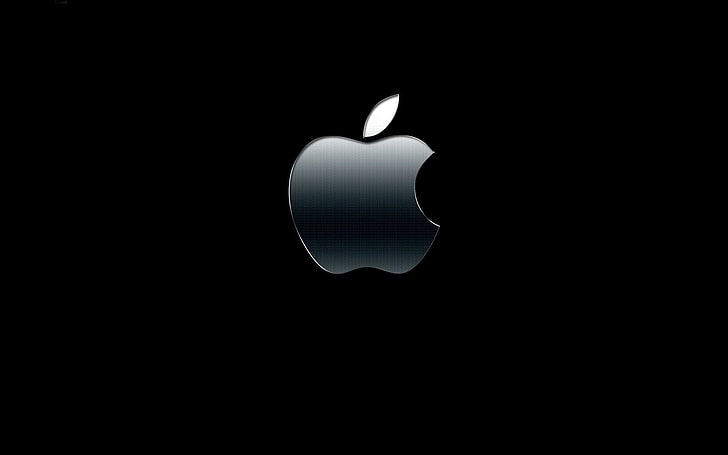Apple’s recent update to its App Store guidelines signals a potential shift in its stance towards emulator apps for retro console games, albeit with some caveats. Traditionally, Apple has been stringent about barring apps that rely on external code. However, the new policy appears to relax these restrictions under certain circumstances, allowing for “software not embedded in the binary.” Notably, the update explicitly mentions “retro game console emulator apps,” which may include the ability to download games directly within the app.
However, the wording of Apple’s guidelines is somewhat ambiguous. Unlike Android and desktop emulators, it’s uncertain whether these iOS emulators will enable users to play any retro game found online. Retro game emulation typically relies on ROM files, which are digital copies of game cartridges or discs. While emulators themselves are generally legal, the legality of ROMs downloaded from the internet is murky. Some ROMs are in the public domain or have distribution licenses, while others are copyrighted intellectual property. Furthermore, game publishers sometimes use emulators to run their own retro games and sell them as standalone titles or collections on modern platforms.
READ MORE: Heatwave Warning: Punjab Braces for Record-Breaking Temperatures in Over 30 Years
Interpreting Apple’s language, it seems that only the latter scenario might be permitted under the new guidelines. This suggests that companies owning the intellectual property could potentially launch emulator apps for users to download ROMs of their own games – and only their own games. For example, imagine a Sega app offering a library of Sega classics for purchase, subscription, or even free. While Sega has previously experimented with iPhone emulation through separate apps for each game, this new policy could pave the way for a more centralized approach.
Apple emphasizes developer responsibility in ensuring that the software offered complies with its guidelines and all applicable laws. While they specifically mention “retro game console emulator apps” offering downloads as an exception, other download methods are not addressed.
This update extends beyond the European Union, suggesting that Apple may be making a preemptive move in response to regulatory pressure in both the EU and US regarding its App Store practices. Although Apple has not provided specific reasons for the change, stating only that it supports “updated policies, upcoming features, and clarification,” it’s clear that retro gaming on iOS devices is poised to advance, albeit with some limitations yet to be determined.




